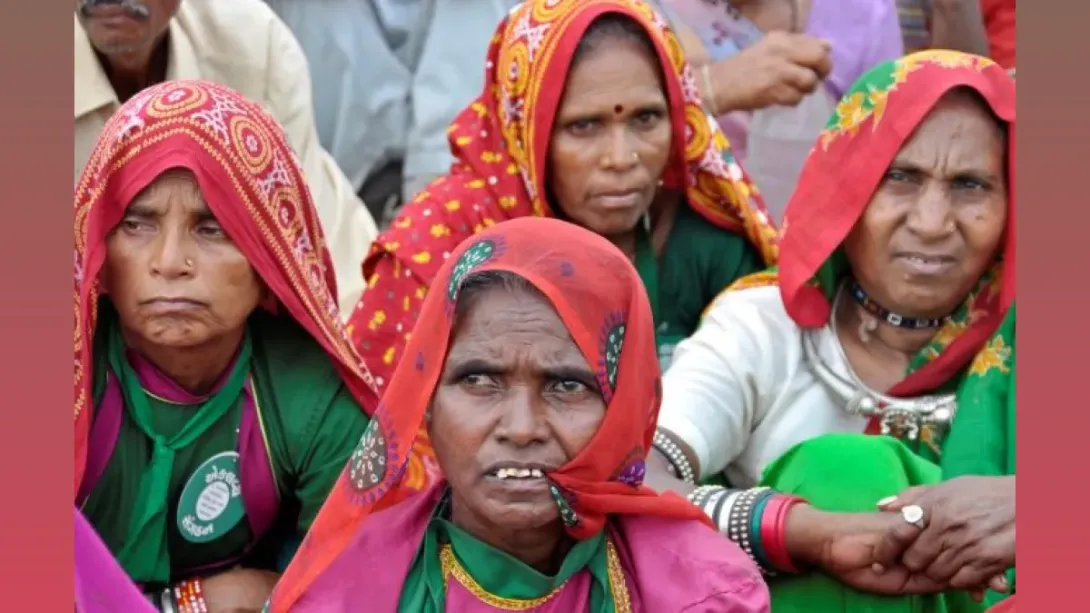Union Commerce and Industry Minister Piyush Goyal has announced a strategic plan to enhance the global presence of India’s tribal products, positioning them as key contributors to the country’s export growth. The initiative aims to empower tribal artisans and entrepreneurs by integrating them into mainstream trade networks and expanding their access to international markets. With an emphasis on sustainability, authenticity, and local craftsmanship, the plan is expected to unlock significant economic potential within tribal communities while aligning with India’s broader vision of inclusive, regionally balanced development and rural empowerment.
Promoting Tribal Entrepreneurship through Global Trade
Announcing the initiative, Commerce Minister Piyush Goyal emphasized that tribal entrepreneurship holds immense untapped potential in India’s economic landscape. The government’s plan seeks to strengthen marketing and export mechanisms for tribal-made goods, ranging from handicrafts and textiles to organic products and natural foods.
The move builds upon the success of initiatives such as TRIFED’s Van Dhan Yojana and One District One Product (ODOP), which have provided visibility and value addition to indigenous goods. Goyal stated that by expanding international trade avenues, the government aims to ensure tribal producers receive fair compensation and long-term livelihood stability.
He further highlighted that tribal products embody India’s cultural diversity and traditional wisdom—attributes that could find growing appeal in international markets seeking sustainable, ethically sourced, and handmade goods.
Expanding Global Market Access
Under the proposed plan, the Commerce Ministry will collaborate with the Tribal Affairs Ministry and Export Promotion Councils to identify high-potential products and develop region-specific export strategies. These efforts will include setting up dedicated trade hubs, organizing buyer-seller meets, and leveraging India’s embassies abroad to promote tribal products under a unified national brand.
The government is also considering simplified export procedures for tribal cooperatives and small producers. Efforts will be made to provide training in packaging, quality control, and digital marketing to enhance the competitiveness of tribal products in overseas markets.
Goyal noted that the upcoming trade fairs and expos—both in India and internationally—will prominently feature tribal craftsmanship, offering global buyers a curated platform to discover India’s indigenous excellence.
Empowering Tribal Communities through Value Addition
A key component of the initiative involves setting up value addition centers and skill development programs in tribal regions. These centers will help artisans improve product quality, adopt modern techniques, and align with global standards while preserving traditional authenticity.
The government also aims to integrate digital tools and e-commerce platforms such as GeM (Government e-Marketplace) and Tribes India to bridge the gap between local producers and national or international consumers.
By facilitating direct-to-market channels, the initiative seeks to minimize middlemen involvement, ensuring that the financial benefits of trade reach the grassroots level. This aligns with the government’s broader agenda of sustainable rural growth and social equity.
Strengthening Institutional Collaboration
Goyal emphasized that inter-ministerial coordination would be pivotal to realizing this vision. The Commerce Ministry, TRIFED, and state governments will work together to identify export clusters in tribal regions. Partnerships with industry associations and logistics firms will also help streamline supply chains and reduce costs.
Furthermore, the initiative will tap into the District as Export Hub framework to map tribal products with high export potential. These efforts are part of a larger drive to make India’s export basket more diversified, inclusive, and globally competitive.
The government is also exploring avenues for bilateral trade agreements that could include tribal product categories, giving Indian artisans preferential access to international markets.
A Step Toward Inclusive Economic Growth
Experts view this announcement as a significant stride in India’s journey toward inclusive and sustainable economic growth. By empowering tribal communities through global trade, the initiative has the potential to transform rural economies and preserve indigenous traditions.
India’s tribal population, which constitutes nearly 9% of the country’s total, remains a vital part of its cultural and ecological heritage. Unlocking their entrepreneurial potential through structured export promotion could contribute to both economic empowerment and cultural diplomacy on the global stage.
Goyal’s announcement reinforces the government’s broader Atmanirbhar Bharat (self-reliant India) vision, where every section of society—urban or rural, mainstream or tribal—has a role in shaping the nation’s growth narrative.
Conclusion
Piyush Goyal’s plan to enhance the export potential of tribal products is not just an economic policy—it’s a transformative step toward social inclusion and sustainable development. By blending traditional craftsmanship with modern trade mechanisms, the initiative promises to elevate tribal India onto the global map of ethical and artisanal trade.

Comments